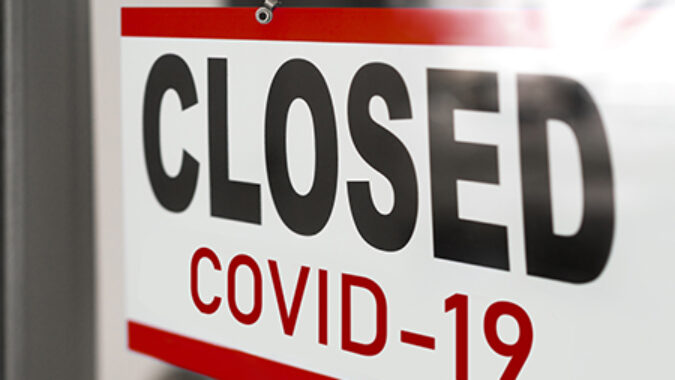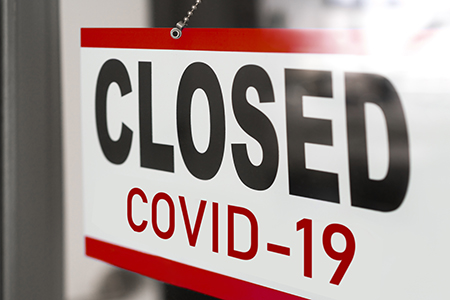Managing a workforce during a public health pandemic is challenging, but attorneys from two leading New Jersey law firms helped clear up some of the confusion for nearly 200 employers who were online for a recent NJBIA webcast that covered wage and hour laws and severance agreements.
Mark Tabakman, of Fox Rothschild, gave an overview during Tuesday’s webcast of the federal and state wage and hour laws that must be followed by employers, especially when contemplating layoffs or reductions in employees’ hours or pay. Michael Shadiack, of Connell Foley, discussed how severance packages offered to departing employees now can help avoid litigation later.
“What I find in my practice is that 99% of the time, employers want to do the right thing,” Tabakman said. “But even the most well intentioned, good faith-based employers have trouble complying with the wage and hour laws because they’re oftentimes very vague.”
Any management decisions to reduce pay or hours must be applied consistently to avoid allegations of discrimination that could lead to costly class-action or collective action lawsuits, Tabakman said. Employers also need to know how wage and hour rules apply differently to employees classified as “exempt” (generally, salaried workers who don’t receive overtime) and “non-exempt” employees (generally, those paid hourly who must be paid overtime if they work more than 40 hours a week).
Under the Fair Labor Standards Act, a business must give employees adequate notice if at all possible, which means one weeks’ notice if workers receive weekly paychecks and two weeks’ notice if they receive biweekly paychecks, Tabakman said. Employees who receive a salary, as opposed to an hourly wage, must by law earn at least $684 per week to be considered exempt from overtime.
However, employers may reduce exempt employees’ salaries when their hours are also reduced due to economic conditions affecting the long-term needs of the business, Tabakman said. Whenever possible, employers should announce how long this reduction of salary and hours will last.
Shadiack said that when a workforce reduction is necessary, employers can protect themselves from future litigation by offering severance packages that are conditioned upon an exiting employee signing a separation and release agreement containing a “release of claims.” However, there is no state or federal law at the current time that requires an employer to provide severance, unless it is in the company’s employment contract with the employee, established by plan or policy, or required due to a “mass layoff” under New Jersey’s mini-WARN Act, he said.
New Jersey’s mini-WARN Act requires employers that have at least 100 or more full-time workers and are engaging in a “mass layoff” or shut down operations to give employees 60 days’ notice. If that 60 days’ notice is not provided, the employees are entitled to one week of severance pay for each year they worked at the business.
However on April 15, 2020 Gov. Phil Murphy signed S-2353 into law, exempting New Jersey businesses from having to provide the 60 days’ notice and severance during the COVID-19 emergency, Shadiack said. The so-called “national emergency” exemption previously only applied when an entire plant closed, but now it applies to any company in New Jersey that implements a mass layoff due to COVID-19, he said.
“This change in the law was deemed effective March 9, 2020 and as a result any mass layoff effectuated due to COVID-19 on March 9, 2020 or thereafter is exempt from having to give the employee 60 days’ notice, as well as paying the severance,” Shadiack said. “This was very welcomed news for employers as it eased the burdens of the law.”
Senate Bill 2353 also postpones the implementation of the amendment of the New Jersey mini-WARN Act, which had been scheduled to take effect on July 19, 2020, that would have increased the WARN notice requirement to 90 days and significantly expanded severance requirements payable to every impacted employee to provide one week of severance pay for each year of service, he said.
“Thus, Senate Bill 2353 does another thing to assist employers — it delays the effective date of the amended New Jersey mini-WARN Act requirements from July 19, 2020 until 90 days after the termination of Executive Order 103, which was the Executive Order the governor put in place to declare the current state of emergency in New Jersey due to COVID-19,” Shadiack said. It is unknown at this point when the executive order declaring the emergency will be lifted.
To listen to the entire webcast, go here.


